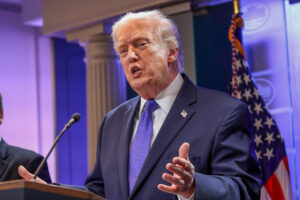El Salvador’s Congress has approved a new law imposing a 30% tax on funds received by local organizations from foreign donors, in a move critics say targets civil society and mirrors tactics used by authoritarian regimes to curb dissent.
Passed Tuesday with 57 votes in favor and just three against, the legislation establishes new controls on so-called “foreign agents.” It is expected to take effect eight days after publication in the official government gazette.
Proponents of the law, including New Ideas party lawmaker Suecy Callejas, claim it will promote transparency and safeguard national sovereignty. “This law fills a legal vacuum,” Callejas said. “It allows us to register and monitor foreign-funded activities that could covertly influence our country.”
Under the new measure, organizations receiving international funding must register with authorities and pay the 30% tax. The government says the funds will go toward public and social programs.
However, human rights advocates argue the law represents a major setback for civil liberties. They warn it could severely restrict the work of NGOs focused on democracy, transparency, and human rights, chilling dissent and limiting access to crucial foreign aid.
“This legislation is part of a broader strategy to silence critics and dismantle oversight,” one local rights group said in a statement.
The move adds to growing concerns over democratic erosion under President Nayib Bukele’s leadership, as his administration continues to consolidate power despite maintaining strong approval ratings among the public.



























